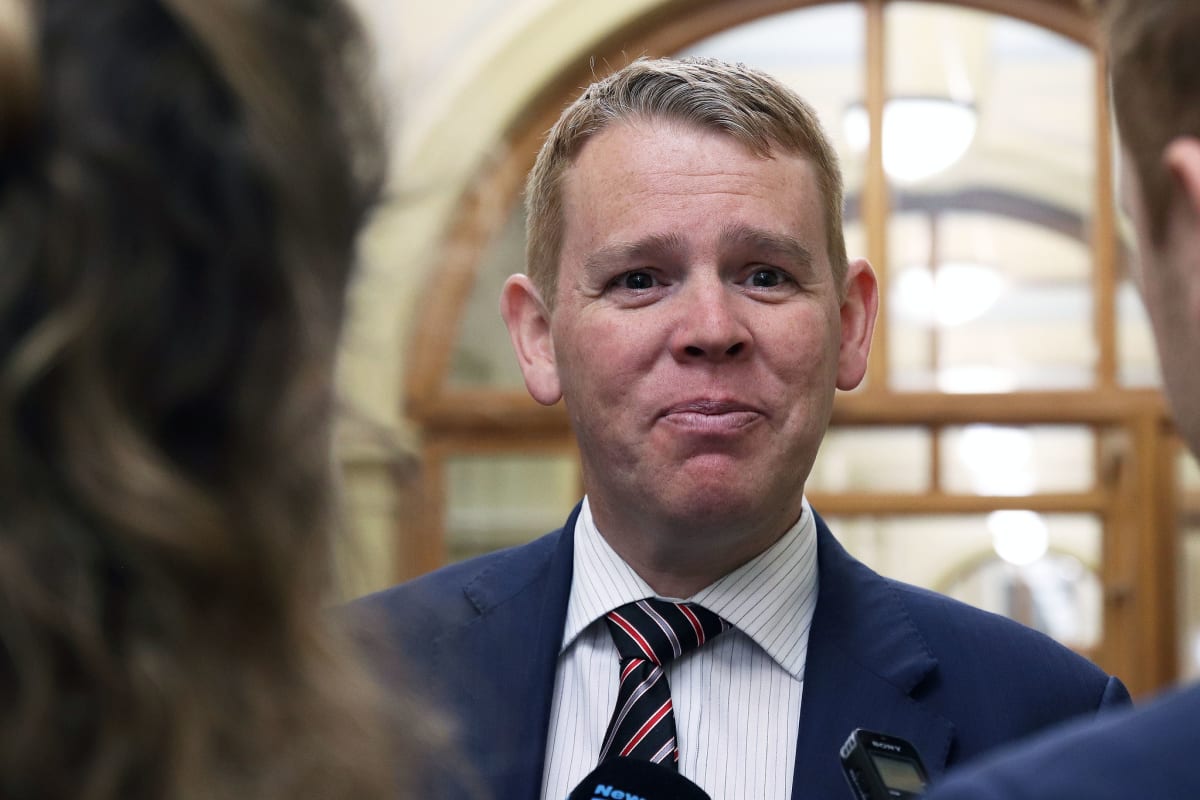
Official information requests have flooded into government during the Covid-19 pandemic, and the Ombudsman says he will call out ministers and agencies who drag out their responses
The country’s official information watchdog has put the Government on notice over delays in responding to requests, saying the law must not be “manipulated or undermined”.
Chief Ombudsman Peter Boshier has written to ministers, government agencies and local authorities outlining a new, tougher approach on unreasonably slow responses to Official Information Act and local government requests.
After taking on the role in 2017, Boshier announced he would pursue informal resolutions to complaints about delays, making a formal finding only if ministers or agencies didn’t take chances to resolve the matter earlier.
However, earlier this year he expressed concerns about a spike in complaints to his office, saying it was natural for people to want more government information given the disruption caused by the Covid-19 pandemic.
“I appreciate that agencies are under pressure from a large number of requests under the Official Information Act and Local Government Official Information and Meetings Act, but they should not lose sight of the need to fulfil their obligations under the laws,” Boshier said.
“My starting point is always that unless there is a good reason to withhold information, then it should be made available and without undue delay."
According to the Ombudsman’s latest annual report, roughly a third of the nearly 1400 OIA complaints in the 2020/21 year were about delays in making a decision or releasing information.
The Public Service Commission’s own OIA statistics for the last half of 2021 found 97.3 percent of requests were responded to on time; however, the commission does not currently record the number of extensions or transfers made by agencies or ministers.
“Delays in responding to requests can create suspicion and distrust and I simply cannot allow the act to be manipulated or undermined, either deliberately or inadvertently, by any agency or minister that is subject to it.” – Chief Ombudsman Peter Boshier
Explaining his change of approach, Boshier told Newsroom he was “increasingly concerned about the delays requesters reportedly experience when seeking a decision on a request for official information and a growing perception that OIA performance is declining”.
“Delays in responding to requests can create suspicion and distrust and I simply cannot allow the act to be manipulated or undermined, either deliberately or inadvertently, by any agency or minister that is subject to it.”
While he would still try to resolve complaints informally and at the lowest possible level, from July a tougher approach would apply if the statutory time limits were not being met.
“I intend to make formal findings and recommendations in these cases and report them to the relevant government ministers and publicly to Parliament.”
Responding to requests for access to official information was “core business for public sector agencies and ministers”, Boshier said.
But the vast majority of government agencies have made no efforts to request extra funding to handle OIA responses, according to the No Right Turn website.
The website asked 32 public sector agencies, the police and the NZ Defence Force whether they had proposed budget initiatives seeking additional resources for OIA handling, information and records management, or ministerial teams between 2018 and 2021. Only one – Oranga Tamariki – had made a formal bid. Four had allocated additional resources from their internal baselines and 29 appeared to have done nothing to beef up their teams.

The Ombudsman’s tougher line comes as the Government has announced the next steps in the proactive release of its own information – a regime which sits outside of the OIA.
In a statement, Public Service Minister Chris Hipkins told Newsroom there had been an overall improvement in the number of OIA requests being completed on time since the Public Service Commission started collecting data in 2016, despite a 110 percent increase in the volume of requests.
Over 97 percent of requests were completed on time now compared with 91.1 percent in mid-2016, Hipkins said, while just 0.15 percent of all responses led to a finding of deficiency by the Ombudsman.
“That doesn’t mean we can’t do better. The Public Service Commissioner has previously said he will be formalising the numbers of extensions and making those public. I think that is appropriate and I support the Commissioner’s actions.”
Public Service Commissioner Peter Hughes told Newsroom the Ombudsman's decision to treat delay complaints more formally was a positive move, as there would be greater clarity and transparency over the extent of the issue.
While agencies had made good progress, "I have said publicly many times that meeting the requirements of the OIA is an absolute bottom line for the public service".
Hughes said the commission had looked at the responses of 35 agencies and found around 90 percent were responded to within 20 working days.
"Nevertheless, concerns have been raised around timeliness and use of extensions, so to maintain the integrity of the OIA and the agencies using it, we have decided to measure extensions to see if it is a problem. If it is, we will own that and fix it."
The next data release, for OIA responses in the first half of 2022, would include a greater level of detail on agency compliance with statutory timeframes, including extensions, transfers, refusals and the average response time.
* This article has been updated with a response from the Public Service Commission







